Life
Sign up for our newsletter
We summarize the week's scientific breakthroughs every Thursday.
-
 Animals
AnimalsThe Thing With Feathers
In the new book, "The Thing With Feathers," Noah Strycker brings people nose to beak with the plumed creatures he knows so well.
-
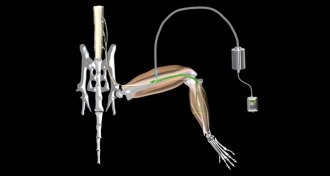 Neuroscience
NeuroscienceParalyzed mouse legs move with burst of light
Neural patch makes leg muscles twitch in paralyzed mice when blue light shines.
-
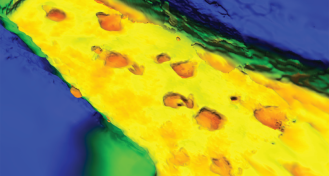 Paleontology
PaleontologyFootprints of dino chase digitally reconstructed
Footprints of a T. rex-type dinosaur chasing an Apatosaurus-like animal have been turned into a 3-D fly-through, giving researchers a way to verify maps of the tracks drawn 70 years ago. (includes video)
-
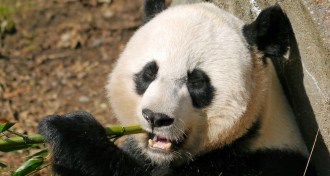 Animals
AnimalsPandas enjoy the sweet life
Unlike many of their carnivore relatives, bamboo-loving pandas can taste natural, and some artificial, sugars.
-
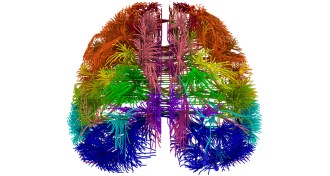 Neuroscience
NeuroscienceBrain’s growth, networks unveiled in new maps
Two large-scale efforts describe human and mouse brains in detail.
-
 Neuroscience
NeuroscienceLost sleep could mean lost neurons
A new study shows we may not be able to make up for chronic sleep deprivation. The protein SirT3 might protect us against late nights, but all-nighters may produce neuron loss.
-
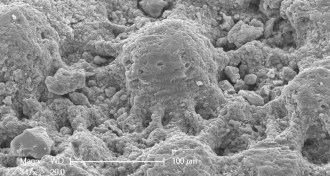 Paleontology
PaleontologySea stars sighted predators 79 million years ago
Sea stars may have evolved complex lenselike structures to detect and evade predators at least 79 million years ago.
-
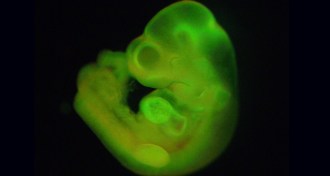 Science & Society
Science & SocietyMisconduct found in Japanese stem cell research
An investigation into reports describing a type of stem cells called STAP cells has found that the lead researcher is guilty of scientific misconduct.
-
 Genetics
GeneticsNeandertal legacy written in Europeans’ fat metabolism
DNA inherited from Neandertal interbreeding may have helped people adjust to Europe’s environment.
By Meghan Rosen -
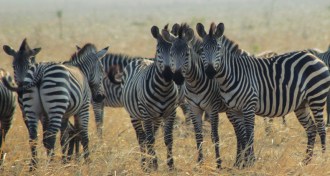 Animals
AnimalsZebra stripes may be mainly defense against flies
The function of zebra stripes may not be for camouflage or cooling, a new analysis finds.
By Susan Milius -
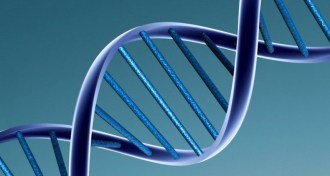 Genetics
GeneticsGene editing reverses liver disorder in mice
By editing a mouse's genes with bacterial proteins, scientists have reversed a rare liver disorder in the animal.
-
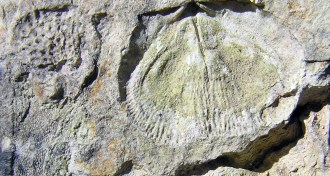 Paleontology
PaleontologyMicrobes indicted in ancient mass extinction
About 252 million years ago an estimated 96 percent of all species were wiped from Earth, and now scientists have a new suspect in the killing — methane-belching microbes.